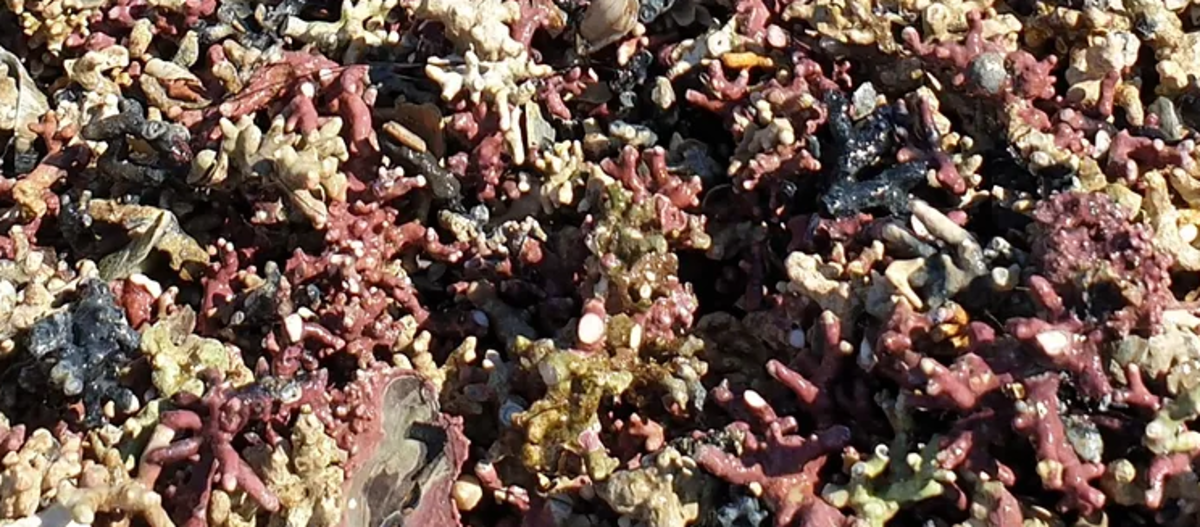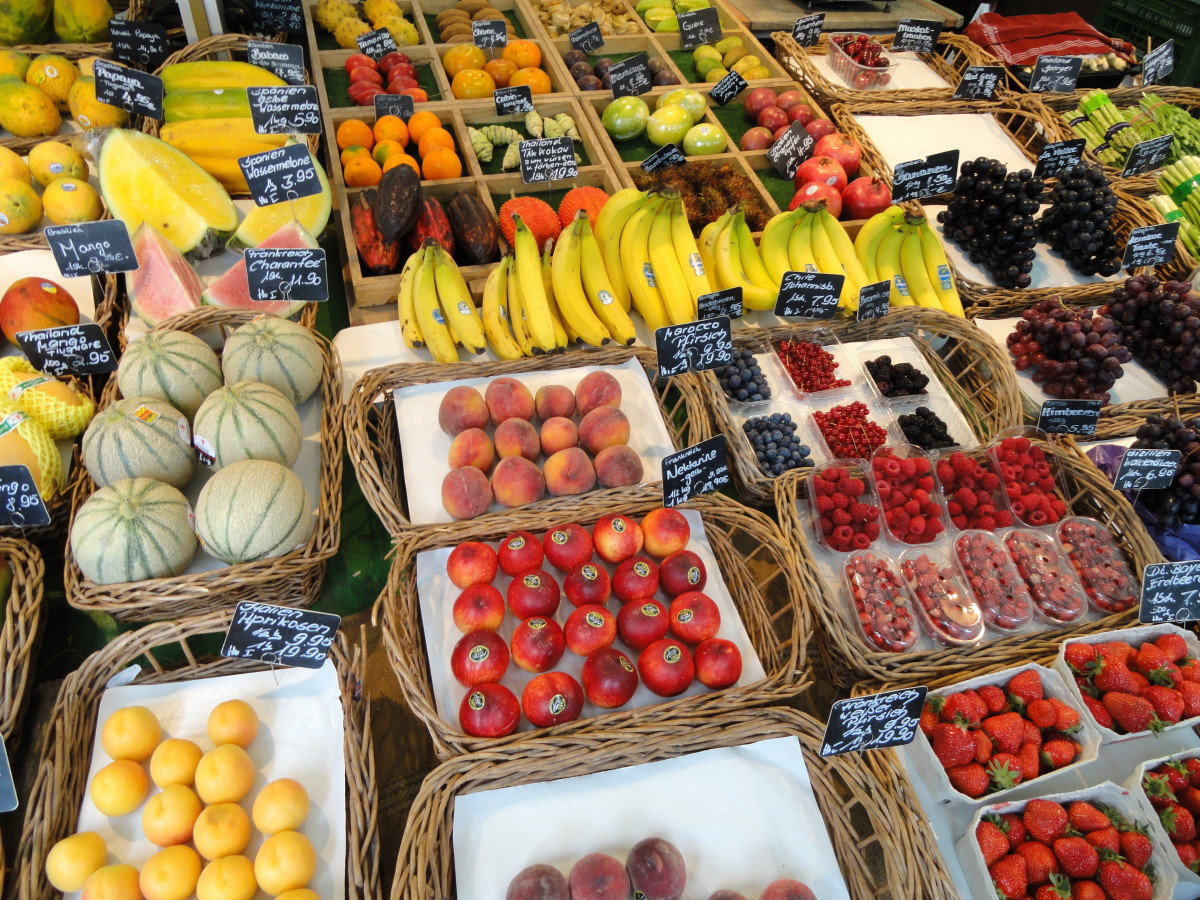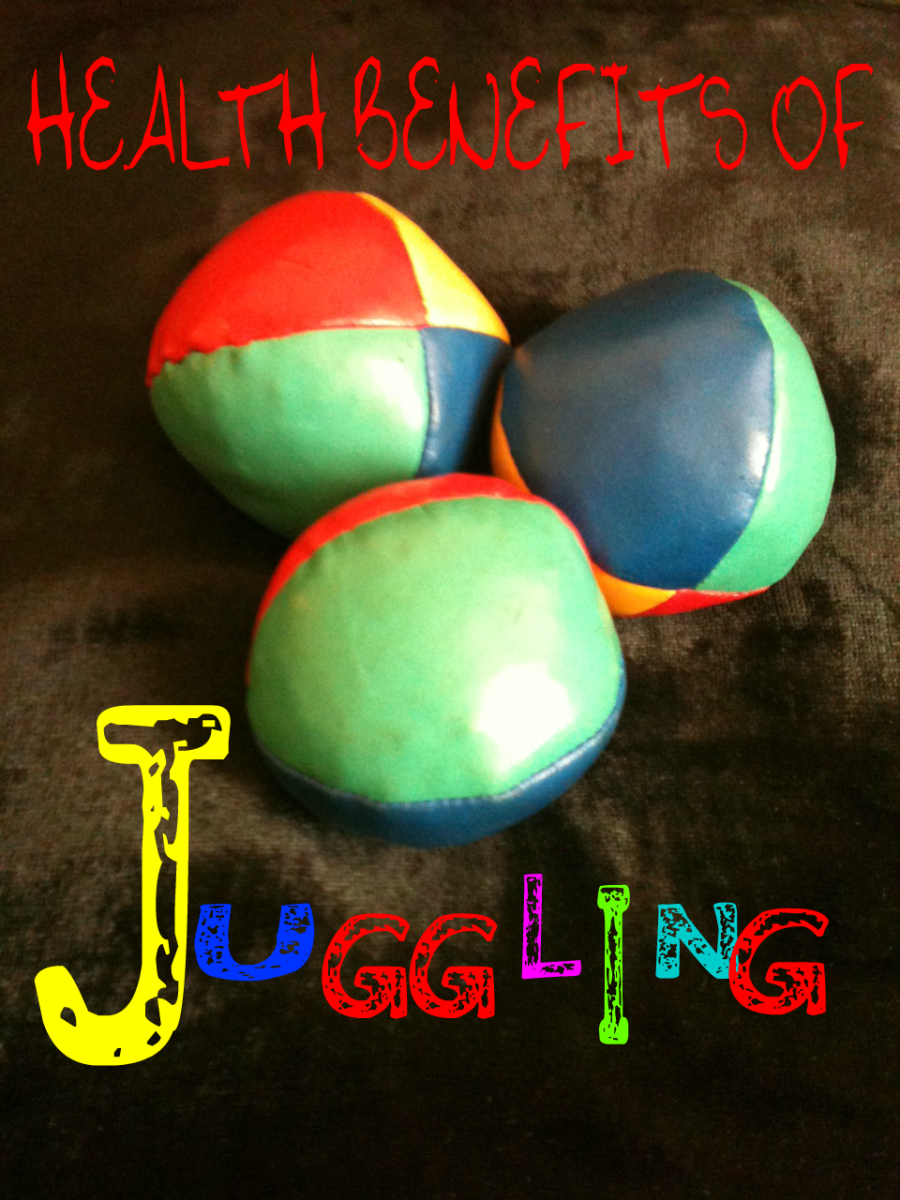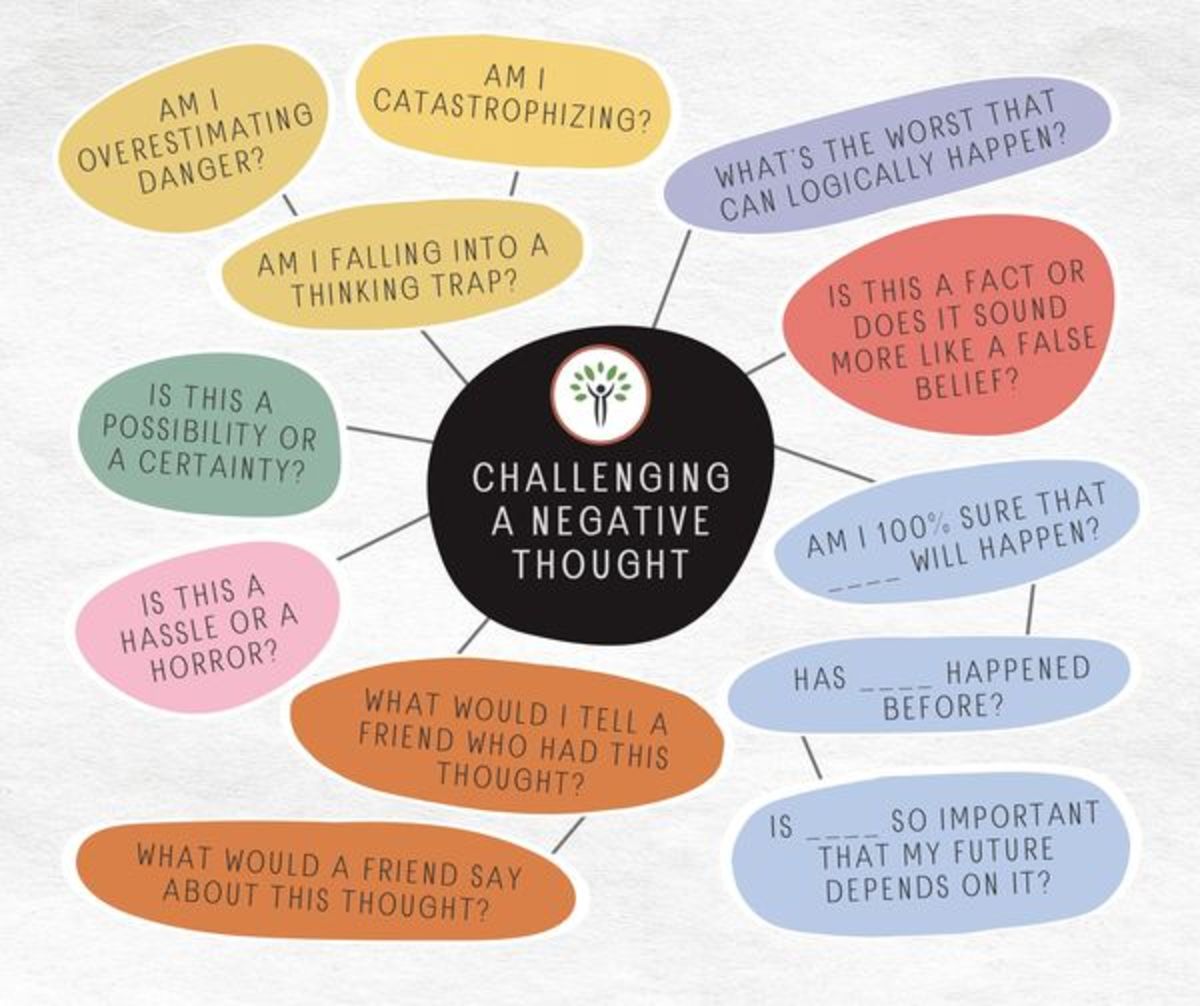Is L-theanine the Answer for Anxiety Reduction and Improved Focus?
Wellness is at the forefront more than ever these days. A glimpse at any world news station will explain why. Everyone is either touting a fast fix or looking for one. Right now, L-theanine is being touted as a “magical supplement” on TikTok and Instagram due to its extraordinary anxiety-reducing qualities, and for good reason: it not only fights anxiety but also boosts cognitive function via improved focus. Almost everyone could use a little of that action with all the stressors weighing us down.
The only thing is...similar claims have been made only to be proven false. Is this just another too-good-to-be-true supplement? If not, is there anything you should know before giving it a try? Let's find out by taking a closer look at L-theanine and its benefits for the mind and body.
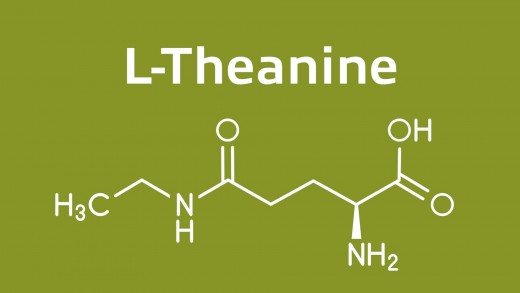
What is L-theanine?
L-theanine is an amino acid that directly impacts brain nerve impulses and neurotransmitter release [3]. Unlike other amino acids, L-theanine is not used to form proteins or make enzymes. For this reason, it is known as a nondietary, nonessential amino acid. Even though it has significant benefits, it isn't required for our diets.
L-theanine is known as a natural anxiolytic (a class of medications used to treat or prevent anxiety disorders) because of its calming, sedative effect on the body and mind without causing drowsiness, which is precisely why it's such a popular choice for reducing anxiety, hyperactivity, and sleep-related problems [5,3]. However, its benefits reach far beyond that.
L-theanine is commonly used to help prevent and treat certain conditions, including:
anxiety, depression, and other mood-related disorders
insomnia and trouble sleeping
cognitive loss, dementia, and Alzheimer's disease
stroke
high blood pressure and other cardiovascular problems
post-traumatic stress disorder (PTSD)
schizophrenia
poor attention span
substance dependence
may help improve the effects of drugs used to treat cancer
What Experts Want You to Know Before Starting a Supplement
L-theanine isn't available in many commonly eaten foods, so most people don't get much from their diets. Certain teas are the most significant natural source of L-theanine, but most people don't want to ingest large amounts of tea daily. For this reason, L-theanine supplements are available. (Supplements typically have about 200 mg). However, dietitians often suggest trying out natural sources before starting a supplement [4].
Kate Ingram, M.P.H., R.D., puts it this way: "Why start a supplement when you can just have a cup of tea?" Tea provides many other health benefits, such as improved gut health and weight loss, and offers protection against chronic disease. Not to mention cost: "Tea is certainly a cost-effective way to give it a try."
Ingram advises anyone who plans on beginning any type of supplement to first speak with their doctor or registered dietitian, especially if they have underlying health conditions or are taking any other medications. L-theanine supplements can interact with some anti-anxiety, blood pressure, and sleep meds.
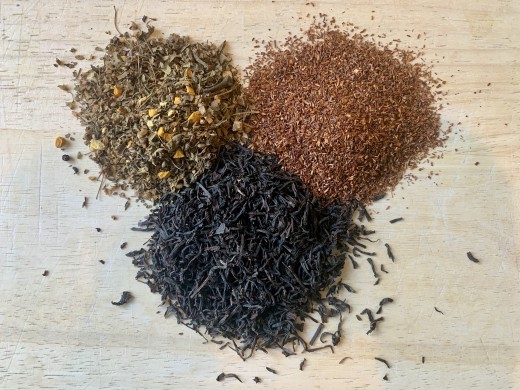
Teas with L-theanine
Tea is one of the most significant natural sources of L-theanine. Jaime Gnau, RDN, a clinical instructor in the Department of Biomedical Sciences at Missouri State University, shares some vital information to remember regarding types of tea. While all tea comes from the same plant, Camellia sinensis, the different types are determined by how the leaves are processed [1]. Herbal teas do not contain the amino acid because they are not made from traditional tea leaves.
Four types offer a healthy dose of L-theanine:
-
Green Tea: 6.56 mg/g
-
White Tea: 6.26 mg/g
-
Oolong Tea: 6.09 mg/g
-
Black Tea: 5.13 mg/g
A Simple But Delicious Iced Tea Recipe
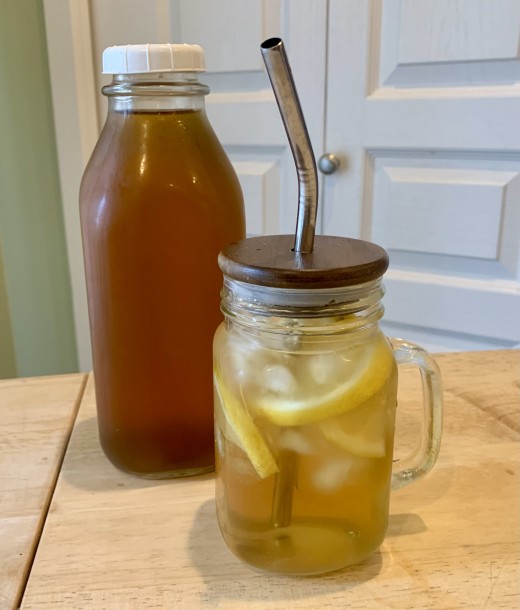
Ingredients
- green tea, 4 tea bags or 4-8 tsp of loose leaf tea
- 2 cups hot water
- 2 cups cold water
- natural sweetener, such as honey, stevia, or agave nectar
- (optional) garnish, lemon wedges, fresh mint, or ginger slices
Instructions
- Steep tea bags or loose-leaf tea in hot water for 3-5 minutes
- Add the cold water, then stir in the sweetener of your choice (start with one teaspoon, then stir in more to taste).
- Let cool thoroughly and serve with ice and garnish, if desired.
Other Food Sources of L-theanine
Not a tea drinker? Don't worry! There's another option.
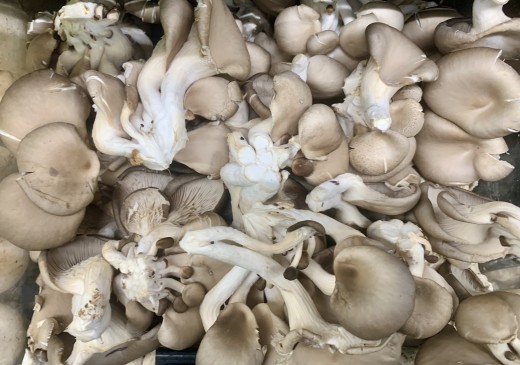
If you aren't a fan of tea or are looking to get more L-theanine naturally, one other food source provides the beneficial amino acid. Certain mushrooms contain little L-theanine and can easily be added to your diet [2]. These include:
- Shiitake mushrooms are known for their rich, savory flavor and are commonly used in Asian cuisine.
- Porcini mushrooms, also known as boletes, are popular in Italian cooking. They have a strong, nutty flavor.
- Oyster mushrooms are versatile in various dishes due to their delicate, mild flavor.
- Reishi mushrooms are a type of medicinal mushroom used for centuries in traditional Chinese medicine. They are known to have various potential health benefits.
It seems L-theanine is one wellness sensation that's worth the hype. Though this amino acid is not essential for the body, the benefits it can bring to your mental and physical health significantly boost your wellness. Getting a taste for the effects via tea and mushrooms is easy to do and highly recommended by dietitians. If you like the impact and want to get more milligrams per day (and your doctor approves), these “magical supplements” might be worth a try.
References
-
Anas, B.L. (2021, November 11). Are There Any Foods Rich in Theanine? Livestrong. https://www.livestrong.com/article/212289-foods-rich-in-theanine/.
-
Howell, J. (No Date). What Mushrooms Contain l-theanine? Chefs Resource. https://www.chefsresource.com/what-mushrooms-contain-l-theanine/.
-
Levy, J. (2023, March 20). L-theanine: The Amino Acid that Combats Anxiety & Sleep Issues. Dr. Axe. https://draxe.com/nutrition/l-theanine/.
-
Ritchey, C., Blumberg, P. (2024, June 10). What You Should Know Before Taking a L-Theanine Supplement, According to Dietitians. MSN Health. https://www.msn.com/en-us/health/other/what-you-should-know-before-taking-a-l-theanine-supplement-according-to-dietitians/ar-AA1fJPX6?ocid=msedgntp&pc=W046&cvid=764943f6872846d3bc0ac206d4c0a4e3&ei=12.
-
Whitten, C. (2025, January 16). What Are Anxiolytics? WebMD. https://www.webmd.com/anxiety-panic/what-are-anxiolytics.


